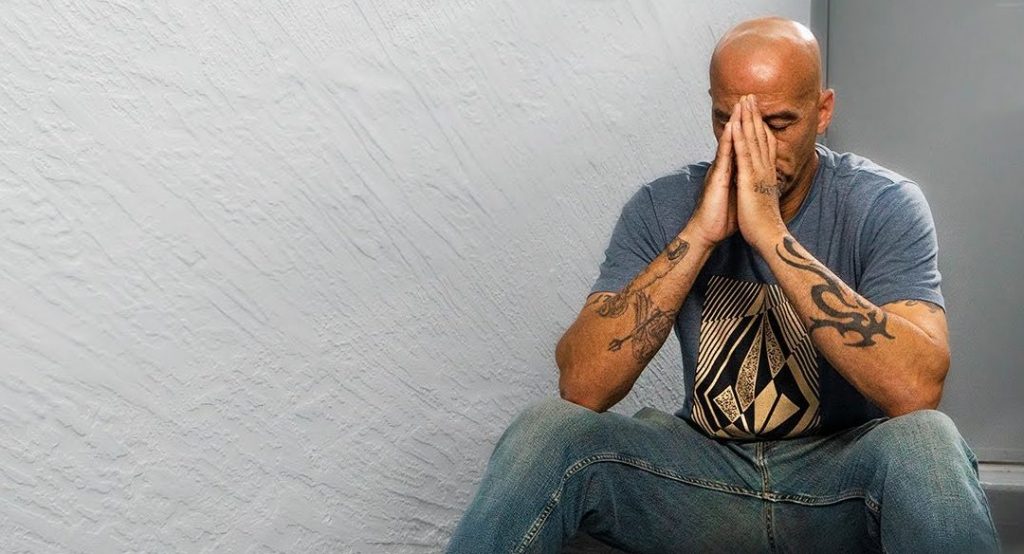Compassion Connection
Community Where Compassion Thrives
We understand that sending a loved one to treatment can be stressful and oftentimes leaves a feeling of uncertainty, so this program will help answer some common questions, give insight into the treatment process and provide resources.
Our goal is to not only have success with each client that admits to CBH but working with the families to provide the best possible outcome while in treatment. Families of the loved ones in treatment play a vital role in the overall outcome of this process
We actively encourage family members to seek support and resources during their loved one’s treatment, recognizing the dual journey of recovery and healing for both the individual and their family
Virtual Family Support Group
Compassion Connection -Program Overview
- Comprehensive Educational Workshops
- Resolve Family Issues and Unhealthy Patterns
- Nurture, Learn, and Connect in a Safe Environment

Family Support
A space where families share their stories, journeys, and insights, where you can expand your support network, and share your experience to help other families facing similar challenges





